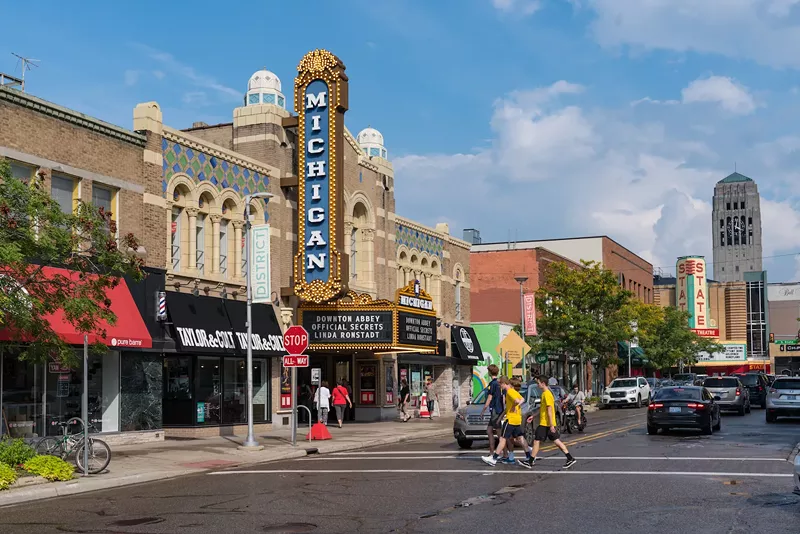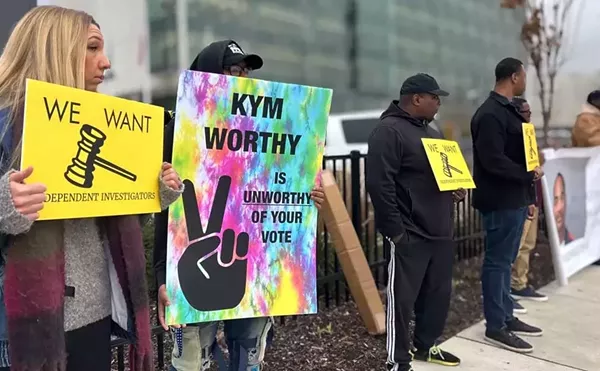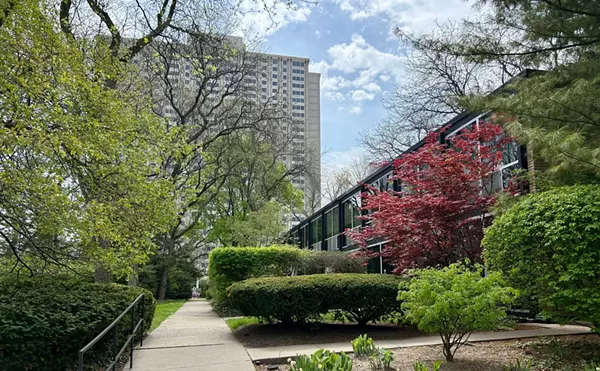U-M canceling some on-campus student housing contracts, will ramp up COVID-19 restrictions next semester

Audio By Carbonatix
[
{
"name": "GPT - Leaderboard - Inline - Content",
"component": "35519556",
"insertPoint": "5th",
"startingPoint": "3",
"requiredCountToDisplay": "3",
"maxInsertions": 100,
"adList": [
{
"adPreset": "LeaderboardInline"
}
]
}
]

Paul Brady Photography / Shutterstock.com
The University of Michigan on Friday announced 2021 winter semester plans that include more remote courses and fewer undergraduates living on campus.
President Mark Schlissel told the campus that safety remains the top priority.
“Our experience this semester resulted in an unacceptable level of COVID-19 cases among our undergraduate students, both on campus and off, that got to a level that threatened our public health capacity to control the spread of the virus,” Schlissel said in a statement. “The changes we’ve made for winter semester reflect what we’ve learned and what we must do to keep our community safe.”
The plan includes recommending undergraduate students who don’t need to live on campus remain at their permanent residences for the semester to reduce density in U-M residence halls.
There’s also mandatory weekly COVID-19 testing for undergraduate students living on the Ann Arbor campus, increases in asymptomatic testing for all members of the campus community, and new measures to support mental health and well-being.
“All U-M Housing contracts for undergraduate residents will be canceled for the winter semester,” the announcement said.
U-M spokesperson Don Jordan told The Center Square they have about 5,300 undergraduates living on campus now, down from a typical year’s count of 9,700.
But next semester, that number will be capped at about 3,000.
U-M will also require a negative COVID-19 test from all residence hall residents before moving in and implement mandatory weekly testing for all undergraduate students who live in residence halls.
The university will also crack down on COVID-19 violations.
Students returning to campus in the winter will encounter a strict, no-tolerance approach to enforcing COVID-19-related policies ranging from automatic probation, University Housing contract termination and removing university recognition for student organizations hosting or participating in social gatherings.
Recommendations for testing were developed by the School of Public Health Advisory Group and the COVID-19 Campus Health Response Committee.
A 14-day Washtenaw County Health Department stay-in-place order for U-M undergraduates expired Nov. 3 after cases among 18- to 29-year-olds in the county decreased.
The percentage of the county’s cases that were associated with U-M students dropped from 60 percent, when the order was issued, to about 33 percent.
The university will reduce undergraduate housing density by limiting access only to undergraduates with certain need-based criteria.
Undergraduate students meeting the following criteria may be offered continued access to campus housing:
• Health, wellness, or safety concerns
• International status
• Financial needs
• Specific academic needs
• Michigan Housing ResStaff student employees
• Other extraordinary, extenuating circumstances
• Dine-in options in the dining halls will not be available, and the university will maintain or increase its quarantine and isolation housing capacity of 600 units.
COVID-19 has contributed to the deaths of 7,470 Michiganders, 87% of whom were 60 years of age or older.
Originally published by The Center Square. Reprinted with permission.
Stay on top of Detroit news and views. Sign up for our weekly issue newsletter delivered each Wednesday.






